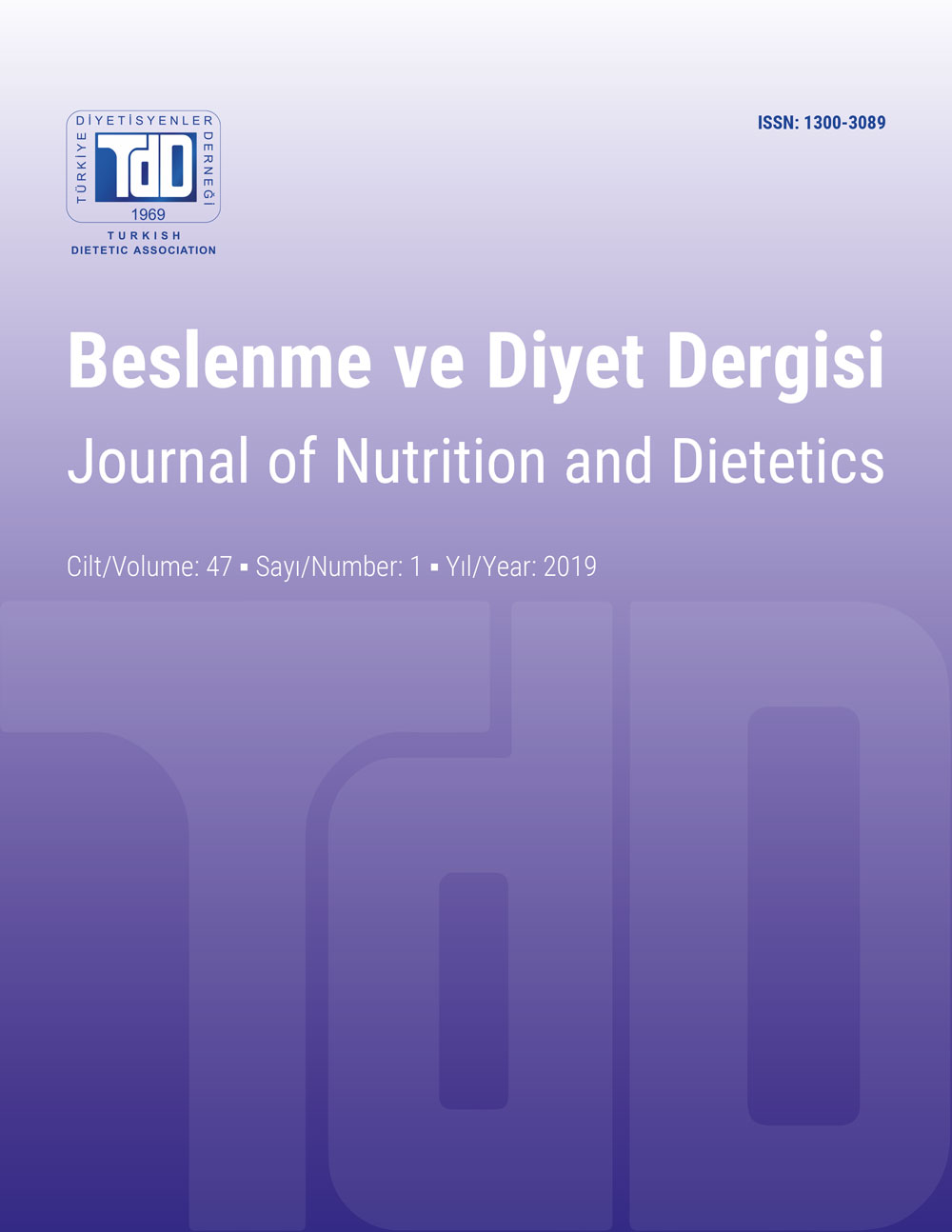Mangiferin and Cancer
DOI:
https://doi.org/10.33076/2019.BDD.1203Keywords:
Mangiferin, cancer, antioxidantAbstract
Cancer is a disease characterized by uncontrolled and abnormal cell proliferation. Although many new anticancer drugs are found in the market, most are causing vital concerns due to poor bioavailability, high cost and unintended side effects. For this reason, the idea of preventing cancer by other methods has been put forward and “chemoprevention” has become one of the most studied topics in recent years. Mangifera indica, also known as mango, is used for Ayurveda and traditional medical systems, for long years. Mangiferin, the main active ingredient of mango, is a natural polyphenol with various pharmacological activities in its C-glucoxanthone structure. In recent years studies; mangiferin has been reported to be a promising antioxidant with properties such as antiinflammatory, anticancer, antidiabetic, antioxidative, antiaging, immunomodulatory, hepatoprotective, antihyperlipidemic, antiallergic and analgesic effects. In vitro and in vivo studies show broad spectrum efficacy against different types of cancer. The C-glucosyl bond and polyhydroxy groups of the mangiferin structure are mainly responsible for the free radical cleansing activity. It has also been shown to have the ability to modulate proinflammatory transcription factors, cell cycle proteins, growth factors, kinases, cytokines, chemokines, adhesion molecules and inflammatory enzymes. These targets may potentially mediate chemoprevention and therapeutic effects of mangiferin by inhibiting the initiation, progression and metastasis of cancer. However, studies have reported that the oral bioavailability of mangiferin is very low, and the studies reported on their efficacy are predominantly carried out in culture cells and rodents. More clinical trials are needed in humans for better understanding of mangiferin.

